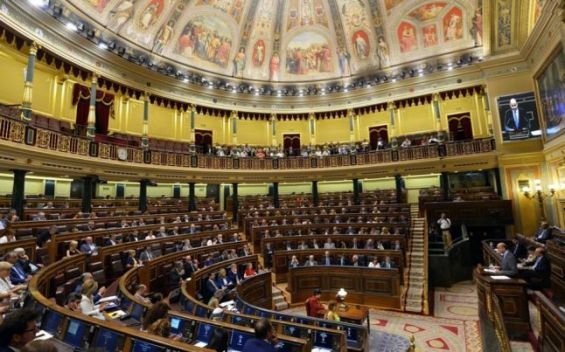Deputies and senators at the Spanish Parliament refused to adopt Monday a bill suggested by Republican Left of Catalonia party (ERC) to «condition negotiations with Morocco on the fisheries agreement to a peaceful solution for the Western Sahara conflict», reports EFE.
The suggestion was rejected by the conservative People’s Party (PP), and was mainly backed by Podemos and its allies. Other parties and coalitions at the Spanish parliament have preferred to abstain.
ERC’s bill aims at defending before the European Union the «illegitimacy of the Moroccan Government to negotiate the current fisheries agreement, referring to it as «an act of exploitation of Sahrawis natural resources».
Defending her party’s decision, PP senator Clara San Damian argued that the proposal have political considerations that are not related to the fisheries agreement.
She stressed that the Western Sahara conflict should be solved by the UN, insisting that the «Spanish government supports the current negotiations», carried by the two parties involved.
Calling for direct negotiations with the Polisario
For the record, Morocco and the European Union have launched negotiations to renew the 2014 fisheries agreement, to expire on the 14th of July.
Through its proposition, ERC invites the European Union to directly negotiate with «RASD’s representatives to reach a legitimate agreement, allowing Sahrawis to benefit from their natural resources».
ERC’s move is not the first of its kind. In April, only two days after the European Union Fisheries Council granted its go-ahead to Morocco, MPs from the Podemos sent a letter to Spanish Prime Minister Mariono Rajoy and his Fisheries minister Isabel Garcia Tejerina.
In their letter, they have warned against the «threats and security issues» Spanish fishing fleets are subjected to in the «African waters». The MPs have not explained yet what were the threats they have referred to in their call.
For the record, Moroccan and EU representatives are expected to attend a second round of negotiations in the coming weeks to renew the fisheries agreement concluded in 2014.





 chargement...
chargement...













